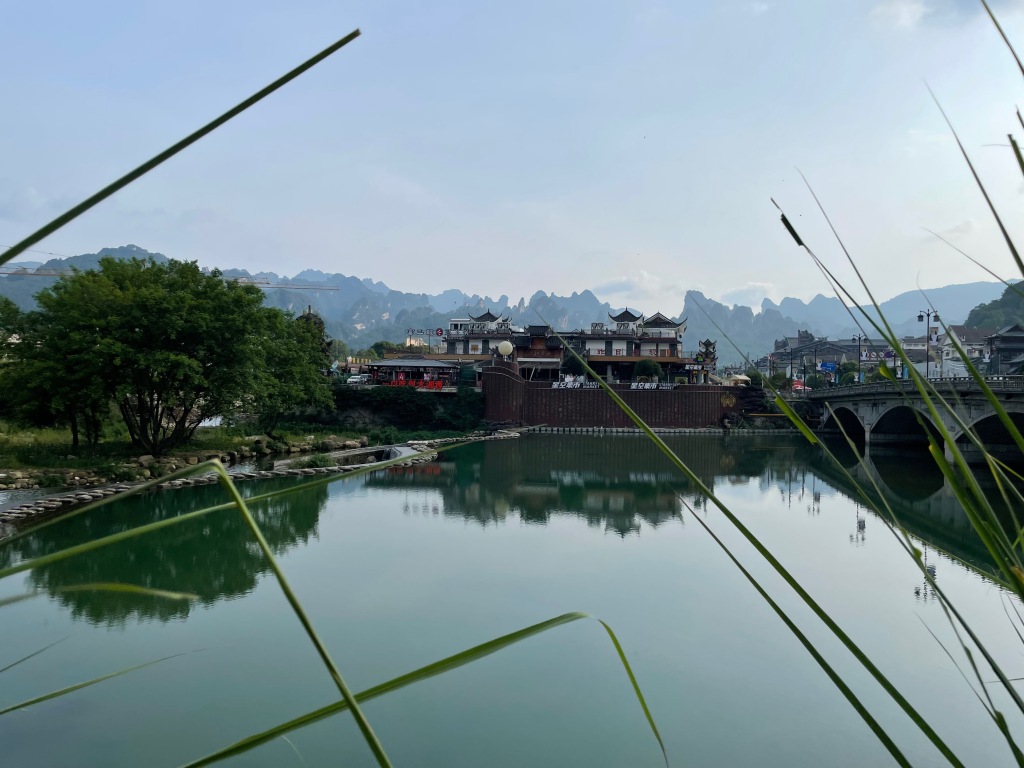Before the summer, I had the opportunity to present some of my interim findings at a conference on The Philosophy of Self-Cultivation organised by Manhua Li and hosted by the Department of Politics, International Relations, and Philosophy of Royal Holloway, University of London (22-23 June 2023). It was an especially welcome chance for me to meet and hear some of the scholars of comparative philosophy whose work I’d been drawing on in the conception of my project.
My talk, entitled “Completion as Self-Cultivation: Benjamin, Bloch, Zhuangzi,” forms the basis of one of my book’s chapters. Below is the abstract of what I presented:
“From the 1910s on, variations of the Daoist conception of “self-cultivation” (xiu shen) circulated, via the ex-missionary Richard Wilhelm’s 1912 translation of the Zhuangzi, amongst German-Jewish thinkers, including, notably, Walter Benjamin and Ernst Bloch. They, in turn, transformed what Wilhelm translates as “die eigene Person/das Selbst pflegen” [caring for one’s own person/self] and “das Selbst bilden/veredeln” [forming/edifying one’s Self] into varieties of what Benjamin understood as the “the art of Daoist completion” [Vollendung]—a disappearance of the self that, inasmuch as it disappears, is “rescued” through its very reduction—and what Bloch described as the “hidden yet public condition” under which the rhythms of life and world harmonise, completing history. Paying particular attention to one recurrent figure: the legend of the Chinese painter who disappears into his own painting, which is recounted by Bloch then re-cited by Benjamin in a complex of writings concerned with the technique of “awakening” to all apparent “development” as the dialectical about-face of a dream world, this paper argues that self-cultivation, understood as completion, underpins a “seamless transition from the mythic-historical” and so breaks the “prehistorical” out of the historicity in which it had been imprisoned.”


Leave a comment